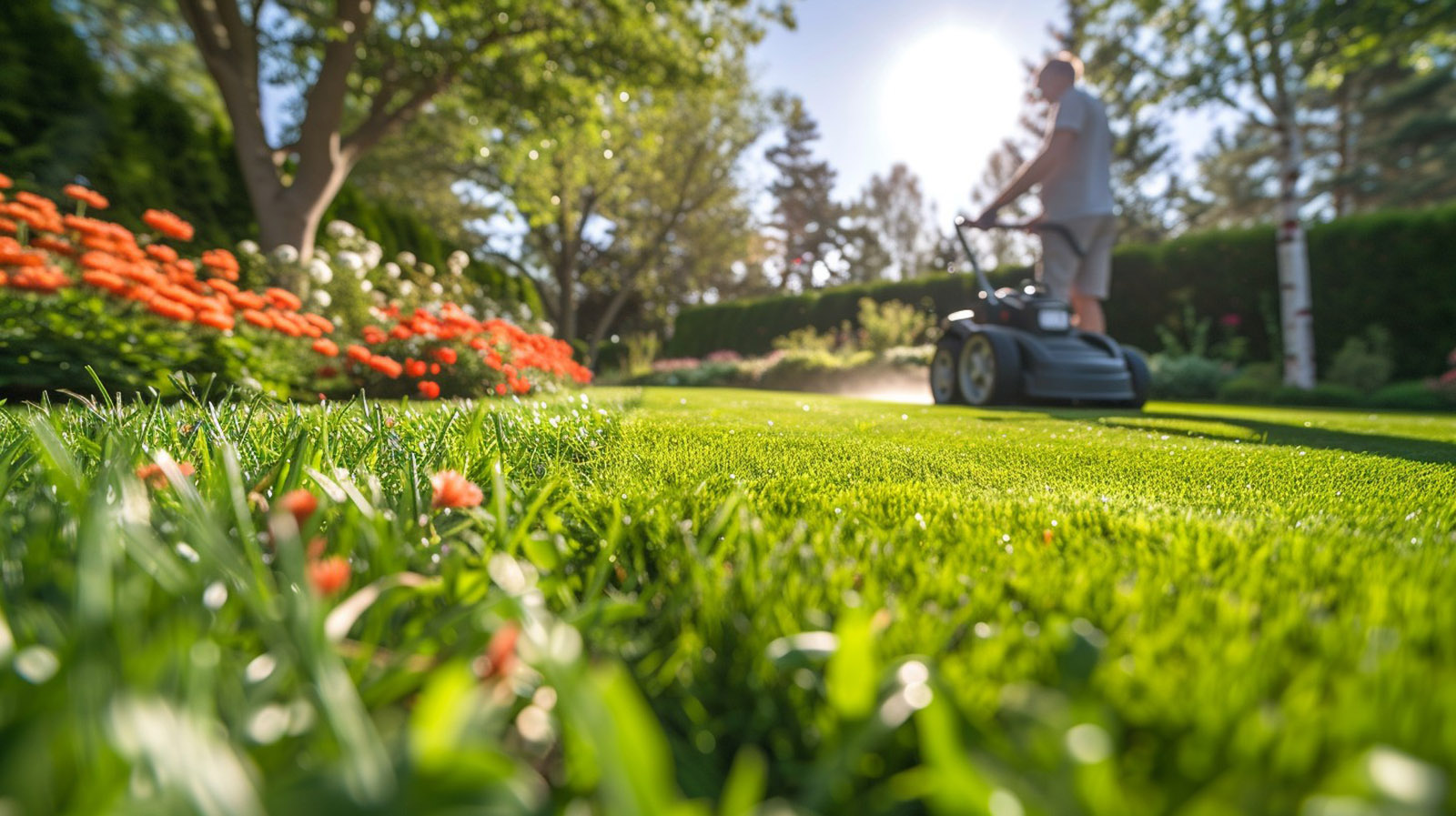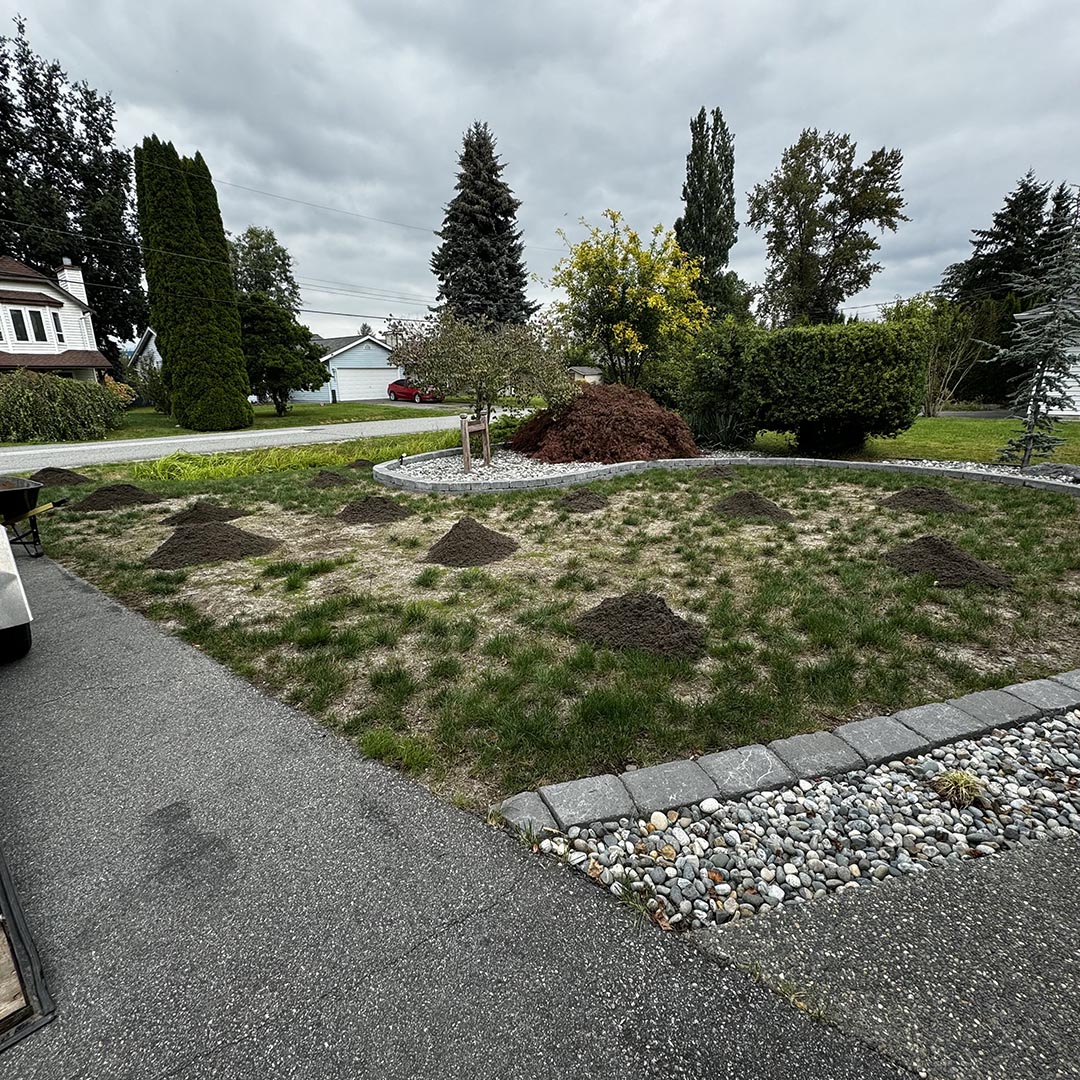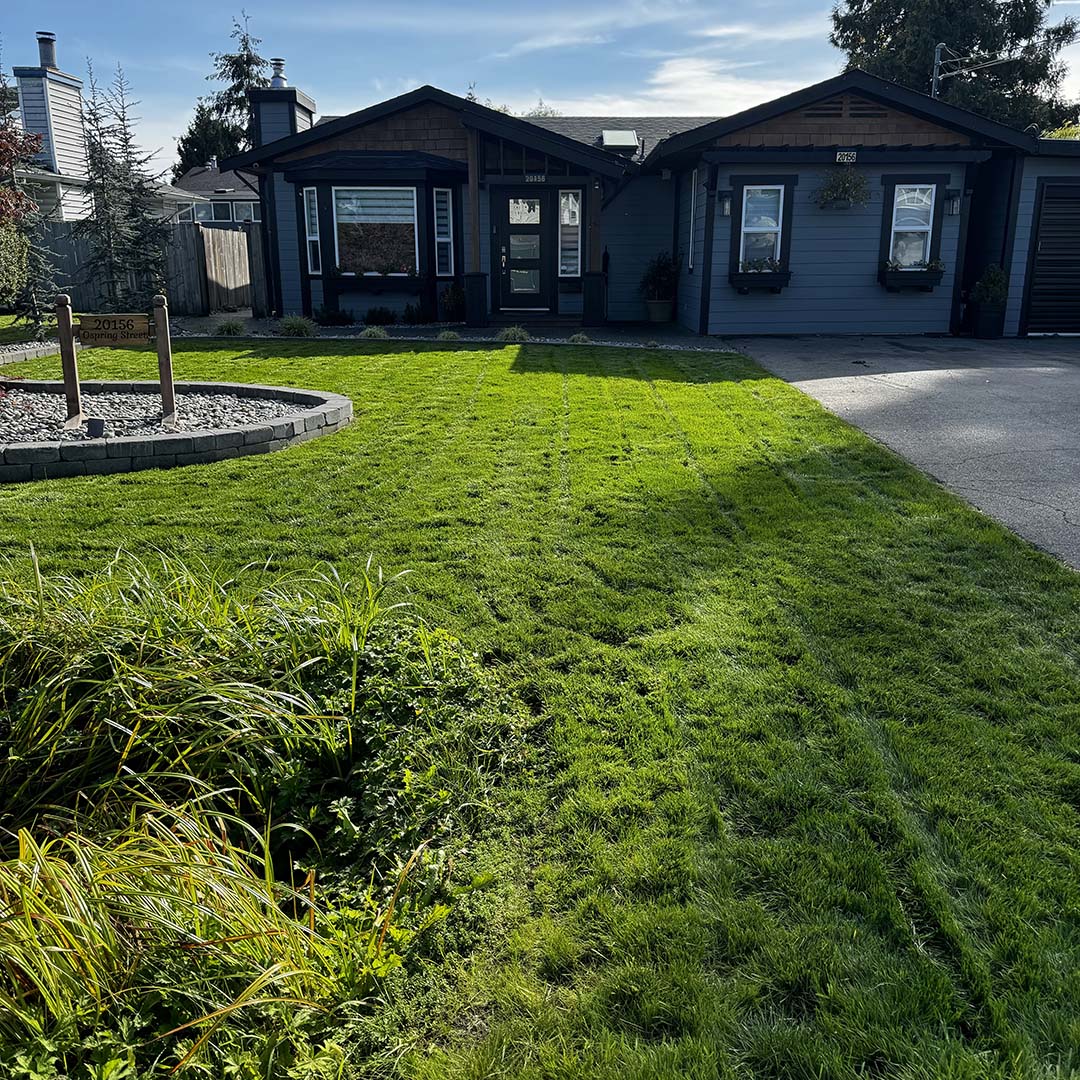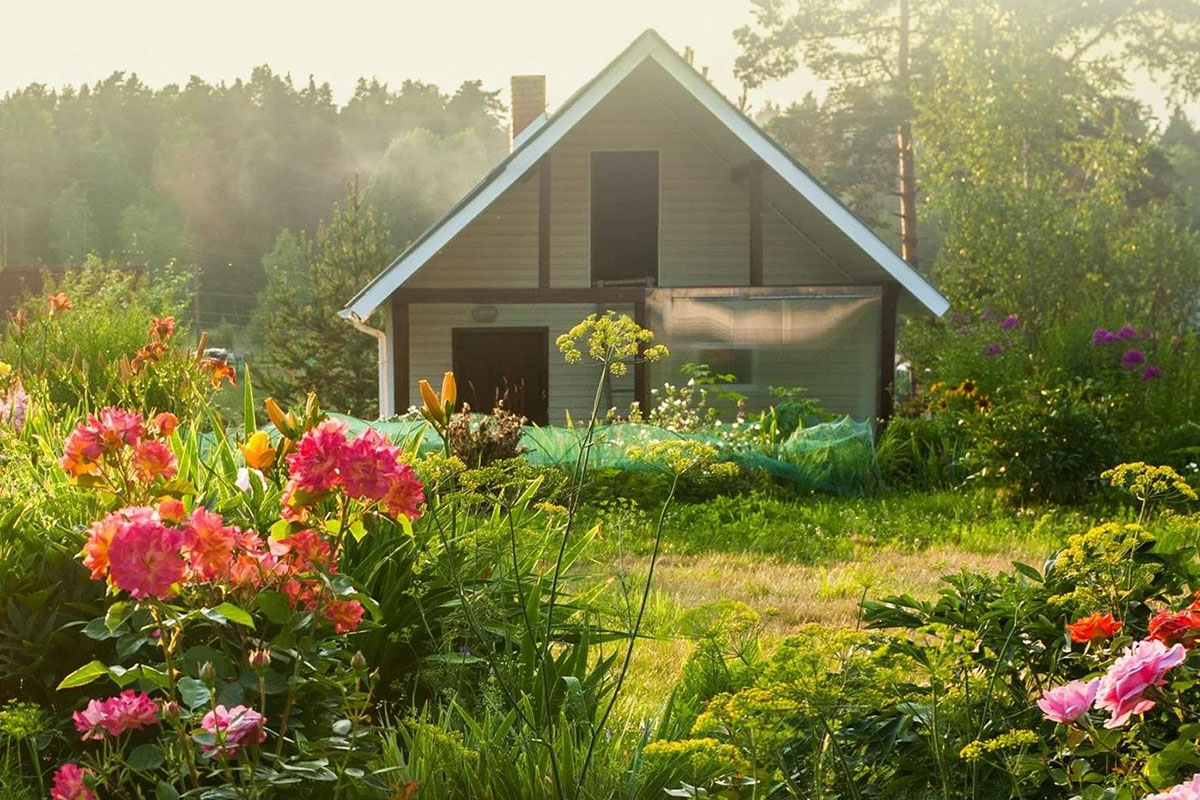
If you are looking for the ultimate resource for organic gardening enthusiasts in beautiful British Columbia, this article might just be for you! Whether you’re a seasoned green thumb or just starting your gardening journey, this guide is packed with tips and tricks to help you cultivate thriving, eco-friendly gardens in the diverse climates of the Okanagan, Mainland, and Vancouver Island.
Understanding Your Climate
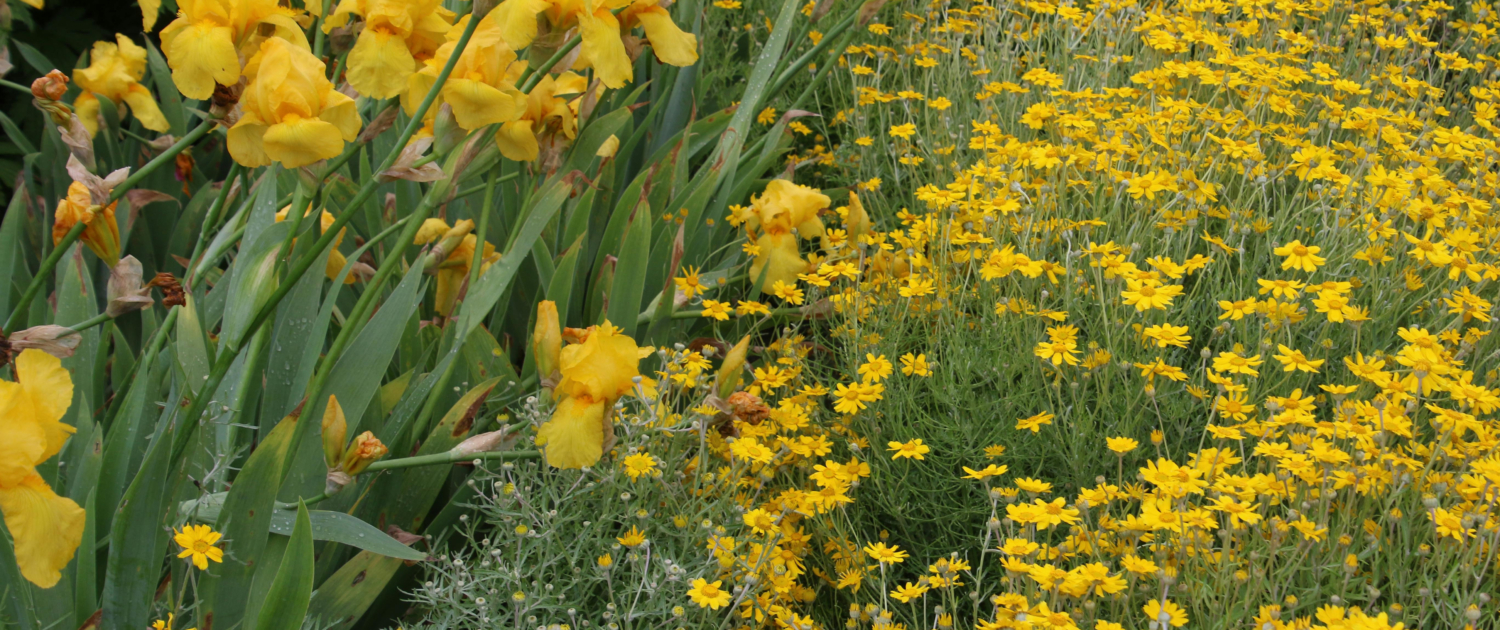
The Ultimate Guide to Organic Gardening
British Columbia boasts a varied climate, from the warm, sunny days of the Okanagan Valley to the mild, rainy weather of the coast. Here’s how to tailor your organic gardening practices to suit your region:
Okanagan:
Known for its hot, arid summers and mild winters, the Okanagan presents unique challenges and opportunities for gardeners. Opt for drought-tolerant plants like lavender, sage, and succulents, and make use of mulch to retain moisture in the soil during the dry season. Embrace xeriscaping techniques to conserve water and create stunning, low-maintenance landscapes.
Mainland:
The Lower Mainland offers a moderate, maritime climate characterized by mild, wet winters and warm, dry summers. Take advantage of the region’s abundant rainfall by incorporating rain barrels and water-efficient irrigation systems into your garden design. Choose native plants that are well-adapted to the local climate and soil conditions, and practice crop rotation to maintain soil health and fertility.
Vancouver Island:
With its temperate, oceanic climate, Vancouver Island enjoys mild, wet winters and cool, damp summers. Harness the island’s ample rainfall by planting moisture-loving crops like lettuce, kale, and rhubarb, and enrich your soil with compost and organic matter to promote healthy growth. Embrace the island’s lush, verdant landscape by cultivating a diverse array of fruits, vegetables, and ornamental plants.
Organic Gardening Tips
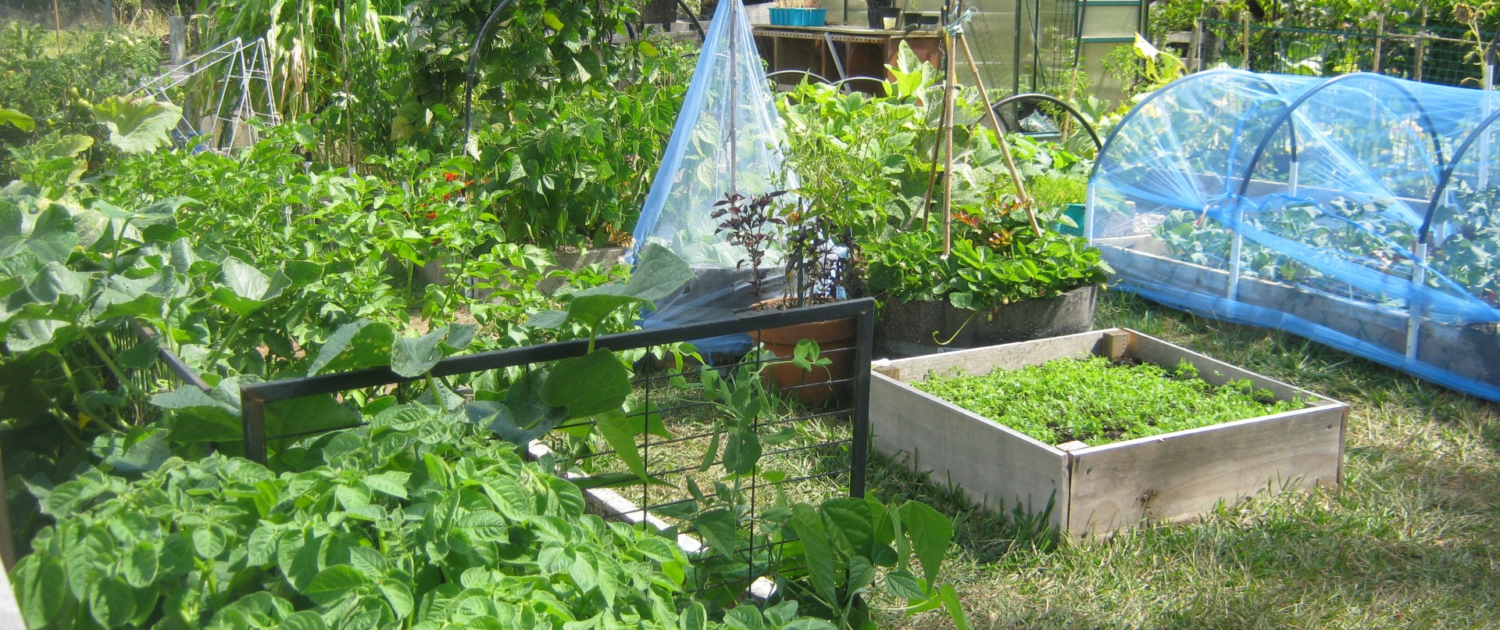
The Ultimate Guide to Organic Gardening
Start with Healthy Soil:
The foundation of any successful organic garden is healthy, nutrient-rich soil. Test your soil’s pH levels and amend as necessary with compost, aged manure, and organic fertilizers to create the optimal growing environment for your plants.
Choose the Right Plants:
Select plants that are well-suited to your climate and growing conditions, and prioritize native and heirloom varieties whenever possible. Companion planting can help to naturally deter pests and promote biodiversity in your garden.
Embrace Natural Pest Control:
Instead of resorting to chemical pesticides, opt for natural pest control methods like introducing beneficial insects, companion planting, and using homemade insecticidal soaps and sprays. Encourage biodiversity in your garden to create a balanced ecosystem that naturally regulates pest populations.
Practice Sustainable Watering:
Conserve water and minimize runoff by watering your garden in the early morning or late evening when evaporation rates are lowest. Consider installing a rain barrel or drip irrigation system to capture and distribute rainwater efficiently, and mulch your garden beds to retain moisture and suppress weeds.
Protect Against Extreme Weather:
Be prepared for fluctuations in temperature and weather patterns by providing adequate shelter and protection for your plants. Invest in season-extending techniques like row covers, cloches, and cold frames to prolong your growing season and safeguard delicate crops from frost and inclement weather.
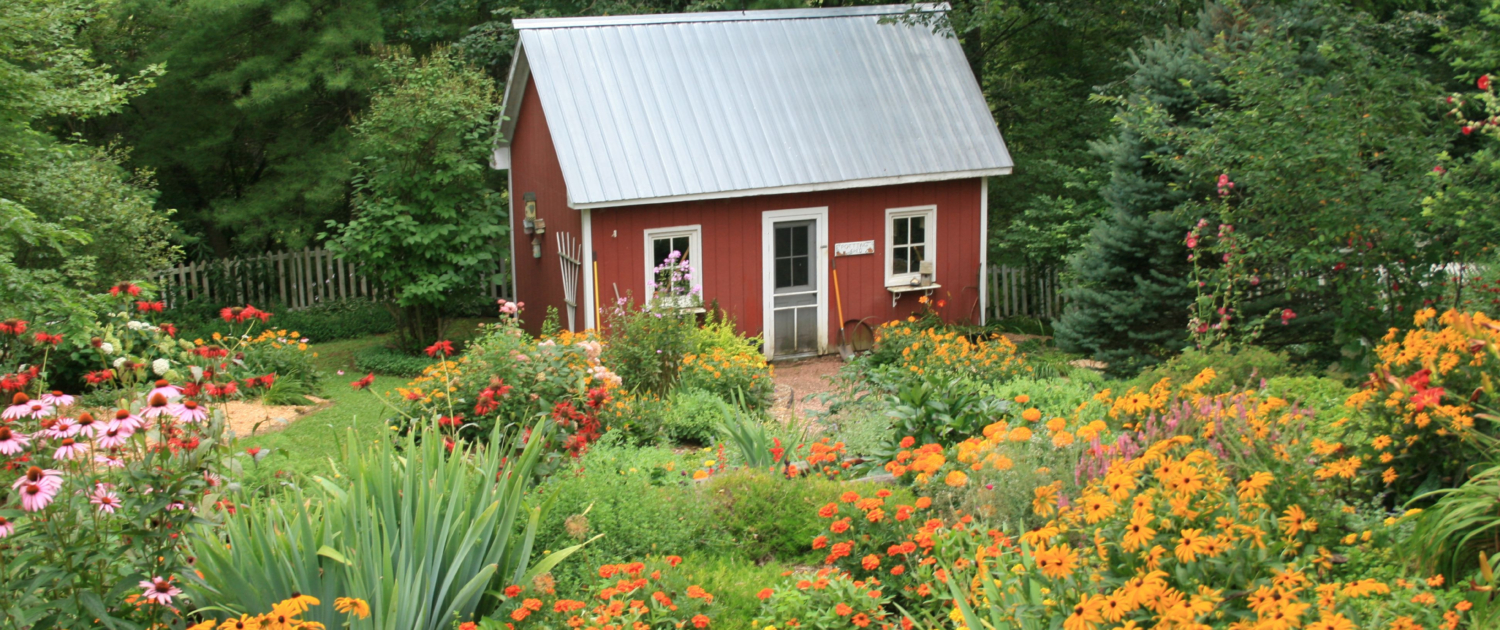
The Ultimate Guide to Organic Gardening
Whether you’re cultivating a vibrant urban garden in downtown Vancouver or tending to a sprawling homestead in the heart of the Okanagan, organic gardening offers a rewarding and sustainable way to connect with nature and nourish your body and soul. By following the tips and techniques outlined in this guide, you can create thriving, environmentally-friendly gardens that flourish year-round in the diverse climates of British Columbia. Happy gardening!
